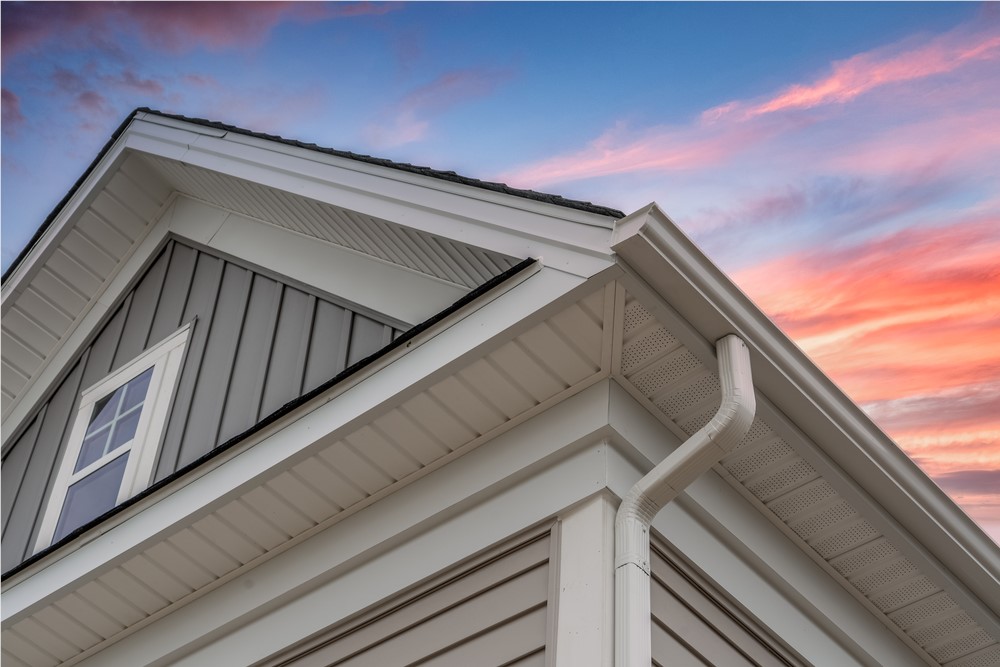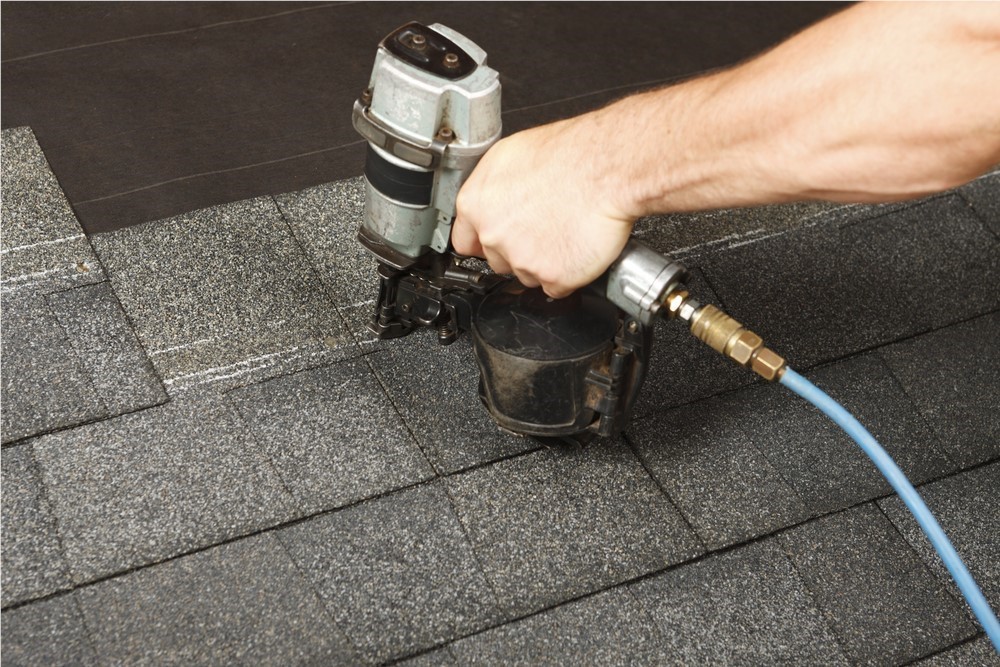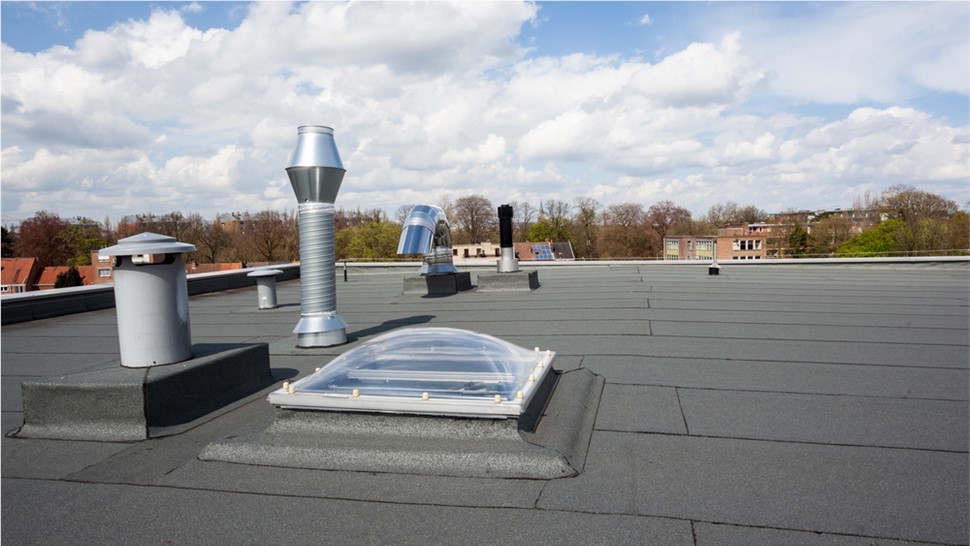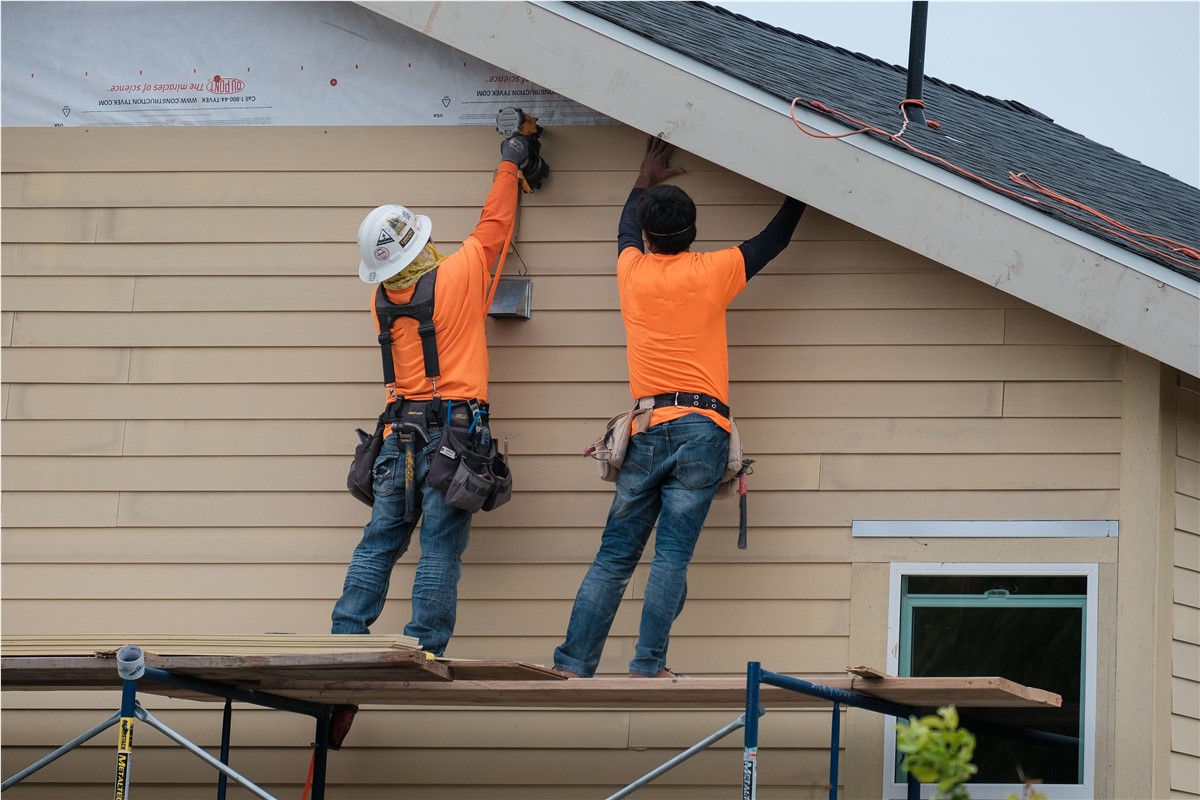What If I Don’t Have the Right Gutters for My Home?
When the gutters need to be replaced, many homeowners may want to try installing new ones without consulting a professional. On the other hand, those who understand the risks of having gutters that fit improperly, are excessively damaged, not maintained, or installed incorrectly have likely doubted that replacing the system by themselves is a good idea.Professional installation is always recommended for a full gutter system replacement. Gutter professionals can better determine what type of gutters would be the most effective based on your roof and the climate you live in. There are many different types of gutters to choose from, but some models and materials are better suited for a particular home than others. The kind of gutter you choose is not the only thing that can affect the wellbeing of your home when being replaced. Some risks come from having ill-fitting gutters or a poor installation job.
Materials
In the case of gutters, the cost of a material does not always reflect the quality or effectiveness. All of the options have their own benefits and shortcomings, but a contractor can help you choose the material that will work best on your house based on numerous factors.- Vinyl gutters are inexpensive and easy to install, meaning a lower price if you hire a contractor to get the job done. This material will not rust, but it is more sensitive to certain weather and temperatures.
- Aluminum is also inexpensive, but it is more popular than vinyl because it is sturdier and will not degrade under most circumstances. It is also resistant to rust and can be painted to complement any house.
- Stainless Steel is an excellent option for those with a more flexible budget. It is stronger than aluminum and more to damage.
- Copper is the most expensive due to its beauty even without being painted. It is favored because of its strength and classic look for older homes.
Consider Your Climate
The typical weather patterns around a home is a significant factor when determining what kind of gutters to choose and how they should be installed to be an effective defense against rain.The size of your gutters depends on how much rainfall your area receives during an average storm. This will determine the minimum size you should have to keep them from overflowing and causing structural damage. Almost any roofing contractor can give knowledgeable advice with these factors in mind.
The angle of your gutters is an important consideration as well. Too little or too much of an angle towards the downspout can alter how well they direct water away from the house. It is best to get advice from a professional.
Keep your climate in mind when choosing a material. If you want your gutters to last, be sure that they will hold up through any season. For example, vinyl tends to crack and become weak in colder temperatures. Aluminum can hold up at nearly any temperature. Still, it is prone to dents and scratches when hit with windblown debris or hail.
Subscribe to Amos Exteriors's Blog








Comments